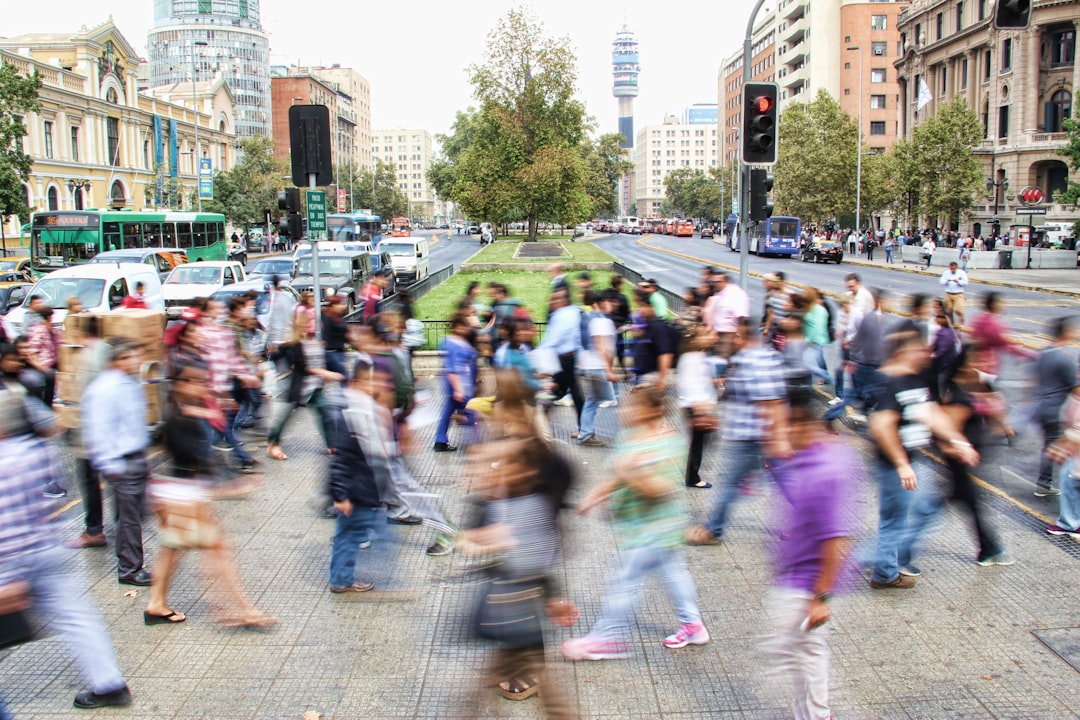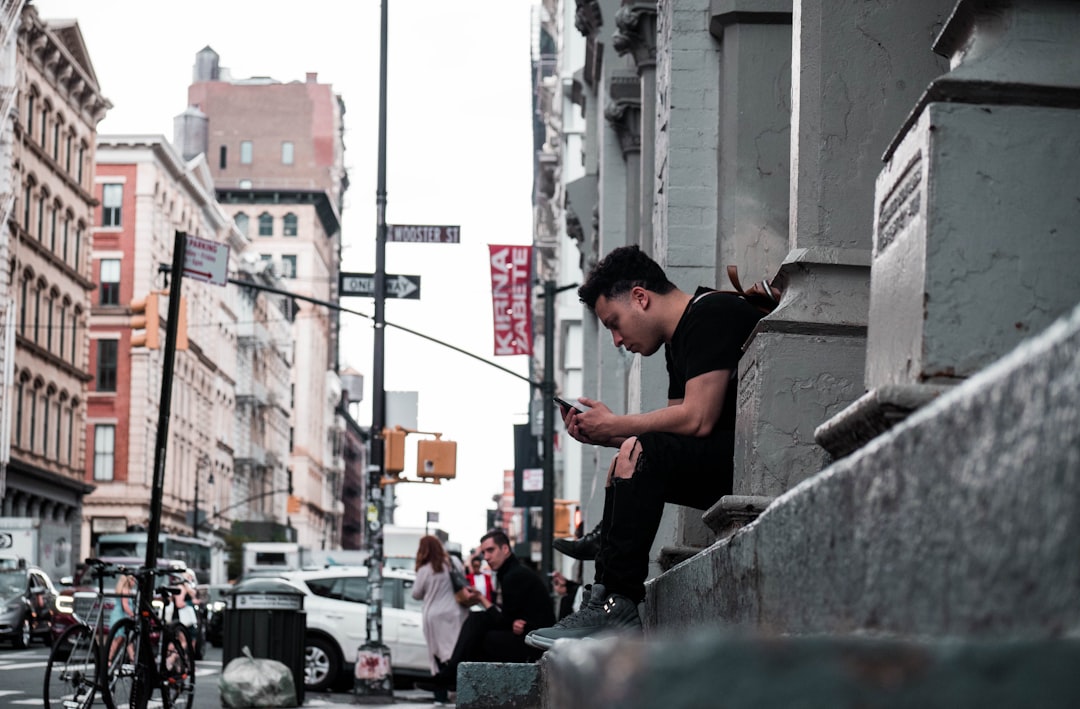Welcome!
To the next chapter
It’s a little melodramatic over there, but Twitter does feel a bit like people making jokes on the deck of the Titanic right now. At the The Atlantic (of all places) they’re talking about the sinking of Twitter, and what’s happening at Meta, as the end of the social media age. And of course they might ultimately be right, although I think the idea that the two main social media companies faring badly spells the end of the era misses a few key things.
The biggest is that in an age where capitalism is so many people feeling so isolated, from suburban living, to transplants without community in new cities, to the intentional destruction of neighborhood and communal spaces the internet has, for better or for worse, become the primary site of connectivity for so many people. Since the onset of the pandemic an exponentially greater number of people work remote, larger numbers of people don’t leave the house nearly as often for wide-ranging reasons, and again social media has taken on a great role in their lives. As Twitter collapses one of the most common refrains is, “Okay so where we all meeting up?”
Some are going to Instagram, some to Mastadon, some to obscure comment section of Youtube cooking videos, but everyone wants to go somewhere. Everyone wants to connect. That’s one of the themes I’ll be coming back to again and again here. And, despite my frankly addictive relationship with Twitter (which I may soon be free from?) I don’t think social media is the ideal place to find it. I have met wonderful people, learned a lot, and found fantastic resource on the bird app and elsewhere online, but one thing I want to talk a lot about here is building in our physical communities, and building back our physical communities in some cases. I know not everyone can always participate in that, but every once in a while I think back to a conversation I had with a friend in an abolitionist organizing group at school. We were in a little breakout session, talking about community. Naturally, the first question was, “What does community mean?” and he said, “The people you share the same air with, and the same problems.”
Now that’s not a universal truth, and people have created beautiful communities online, but I think it’s valuable and simple point that we should remain grounded in. So while I hope this platform can in some ways become a small community, and while I’m on the waitlist for Project Mushroom, I think it’s vital to contest the physical spaces and push back against the destruction and atomization of our flesh and blood communities. The most important work I do (sorry to my boss if you see this) is community organizing. I don’t do it as a professional, and I’m far from an expert, but getting involved in hyper local work that focuses on mutual aid, political education, and building power in my neighborhood is both more rewarding and more inspiring than anything else I do.
That reward part is really why I launched this. An ever increasing portion of society, technology, the structure of our world today is geared towards short-term rewards. But it feels as though we’re at a juncture where a critical mass of people are no longer satisfied by the dopamine hits capitalism offers us in place of meaningful connection, deep satisfaction, or simple fulfillment. There are so many barrier in the ways of these more profound experiences of joy, beyond the fleeting highs we’re fed. I don’t think reaching them in a sustained way is simple, although simplifying life can be part of getting there, and in fact one of the barriers can be those who sell you shortcuts to this destination. Another barrier are those who separate the spiritual from the material, or people who tell you spiritual fulfillment or deep happiness is all internal. Our conditions and circumstances matter, tremendously, and that’s a lot of what I’ll be writing about. The place where politics and and spirit meet. Or the connection between our inner lives and the outer world. Something like that.
Thank you for joining me, and I hope we’re able to learn together by taking a step back and looking around. I’m already blown away by your support and I can’t wait to see where this goes. -Josh




Thank you for this. Something I have been sharing in workshops etc is around affinity groups, or “small republics” as Reclus called them. Many of us are very comfortable in our virtual communities… even when we know we need to share that air and those problems with those geographically near to us. As you say, some of us cannot leave the house easily, or interact with others safely. But for those of us who can, my idea is as follows: We form virtual affinity groups. These are people (5-6 of us) with whom it is comfortable to be around. We have a lot in common. Similar sense of humour and interests. But then we also take it further. We do political education together. And then we challenge one another to go outside and start engaging with local problems. We meet weekly, online… and stay in touch by Signal chats or Discord groups. The danger is that we do NOT challenge one another. To address this, we could have a “federation” of affinity groups, where groups stay connected, challenge one another, raise issues that are barriers to knocking on neighbours’ doors, getting involved in local struggles. The federation could also connect those with power, privilege, and resources to support frontline communities. This is what I’ve been thinking about and what I am keen to promote and make happen.
I've been thinking along the same lines as you on this subject. I've been working on it for my next post. 😂
Physical community isn't always easy. I live in an urban area where inclusivity isn't easy. It's difficult to find like-minded people who actually are motivated too. Social media has afforded a way of bridging that issue. You can socialize no matter where you are or what you're doing. There's no "getting together" scheduling like physical engagement.
I love your ideas and I look forward to reading where you take this. Substack is hoping to become a community space. Perhaps we're pioneers in making that happen 😉